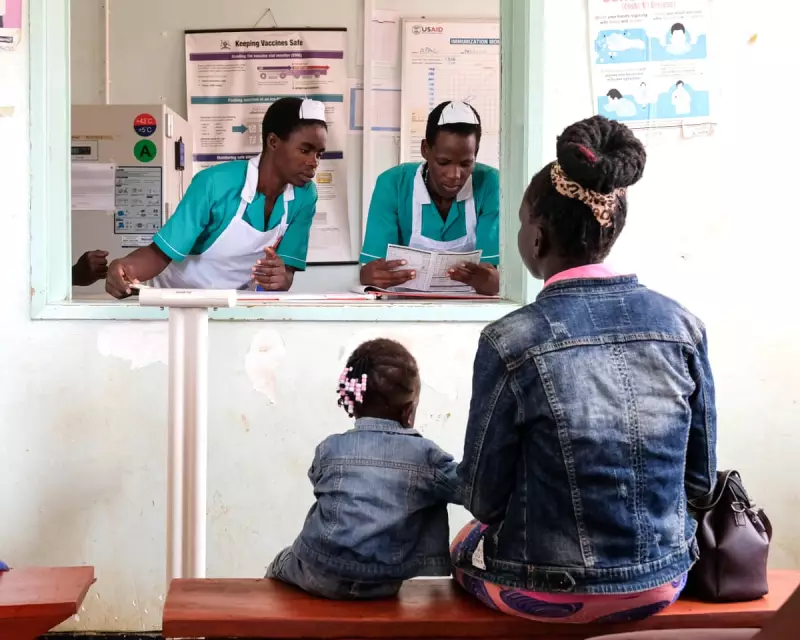
A troubling surge in malaria cases across vulnerable nations is sounding alarm bells throughout the global health community. What many experts fear is not just another health statistic, but a chilling warning of far greater crises to come.
The Canary in the Coal Mine
The recent dramatic increase in malaria infections serves as what health professionals call a "canary in the coal mine" - an early indicator of much broader systemic failures. As international aid budgets face significant cuts, particularly from traditional donor nations like the UK, the consequences are becoming terrifyingly clear.
Funding Cuts with Deadly Consequences
Recent reductions in global health funding have created dangerous gaps in prevention and treatment programmes. The numbers tell a sobering story:
- Malaria cases have surged by approximately 13% in affected regions
- Prevention programmes face critical funding shortages
- Vaccine distribution initiatives are being scaled back
- Mosquito net distribution has decreased significantly
Broader Implications for Global Health
This malaria resurgence represents more than just one disease making a comeback. It signals the potential unravelling of decades of progress in global health. When basic prevention measures become unaffordable, the door opens wider for multiple diseases to regain lost ground.
The UK's Changing Role
Britain, once a leader in international health aid, has seen its contributions decline substantially. This shift comes at a time when global cooperation is needed more than ever to combat resurgent diseases and prevent future pandemics.
A Call to Action
Public health experts warn that without immediate intervention and restored funding, we risk witnessing not just a malaria crisis, but the collapse of entire health systems in vulnerable nations. The time to act is now, before what begins as a warning becomes a full-blown catastrophe.





